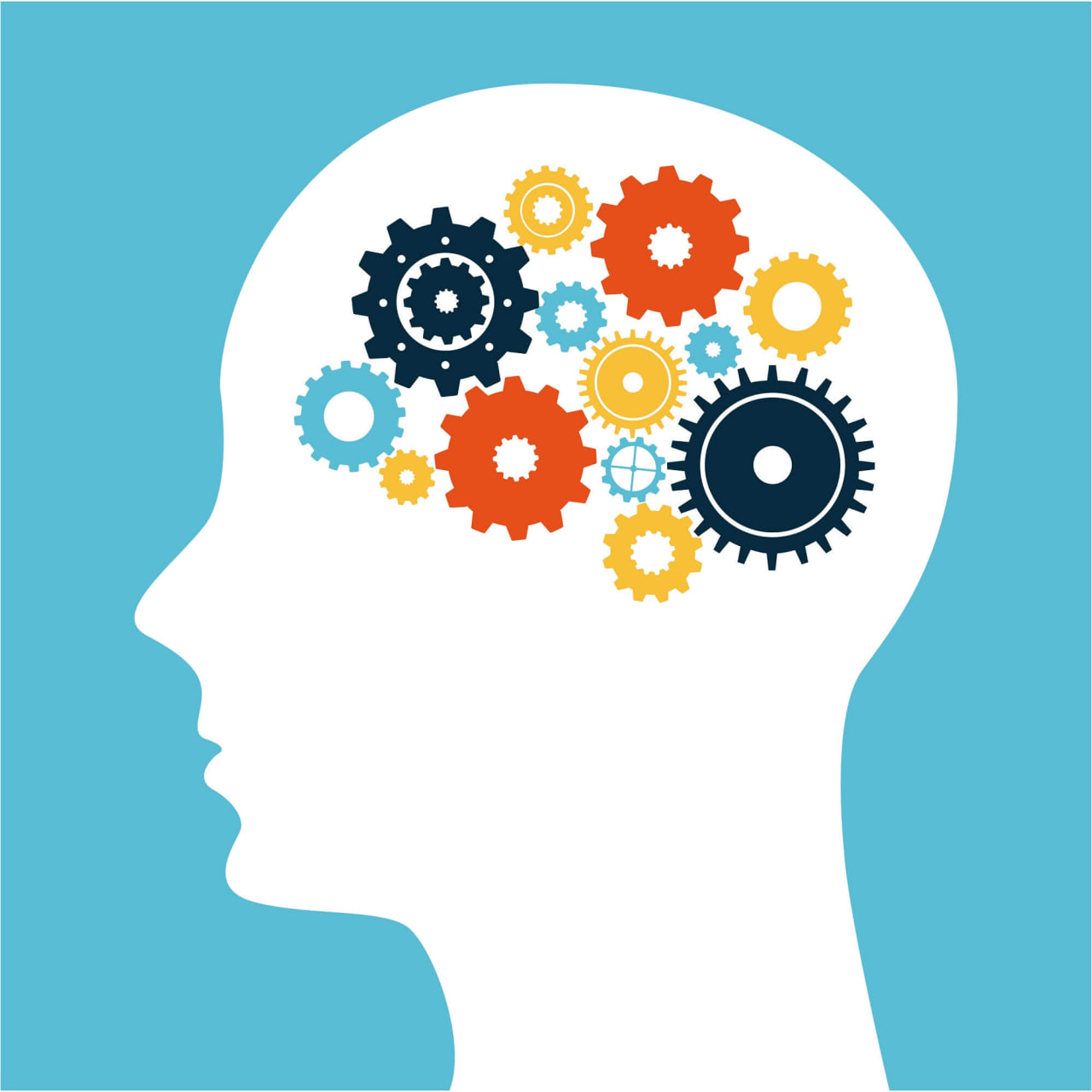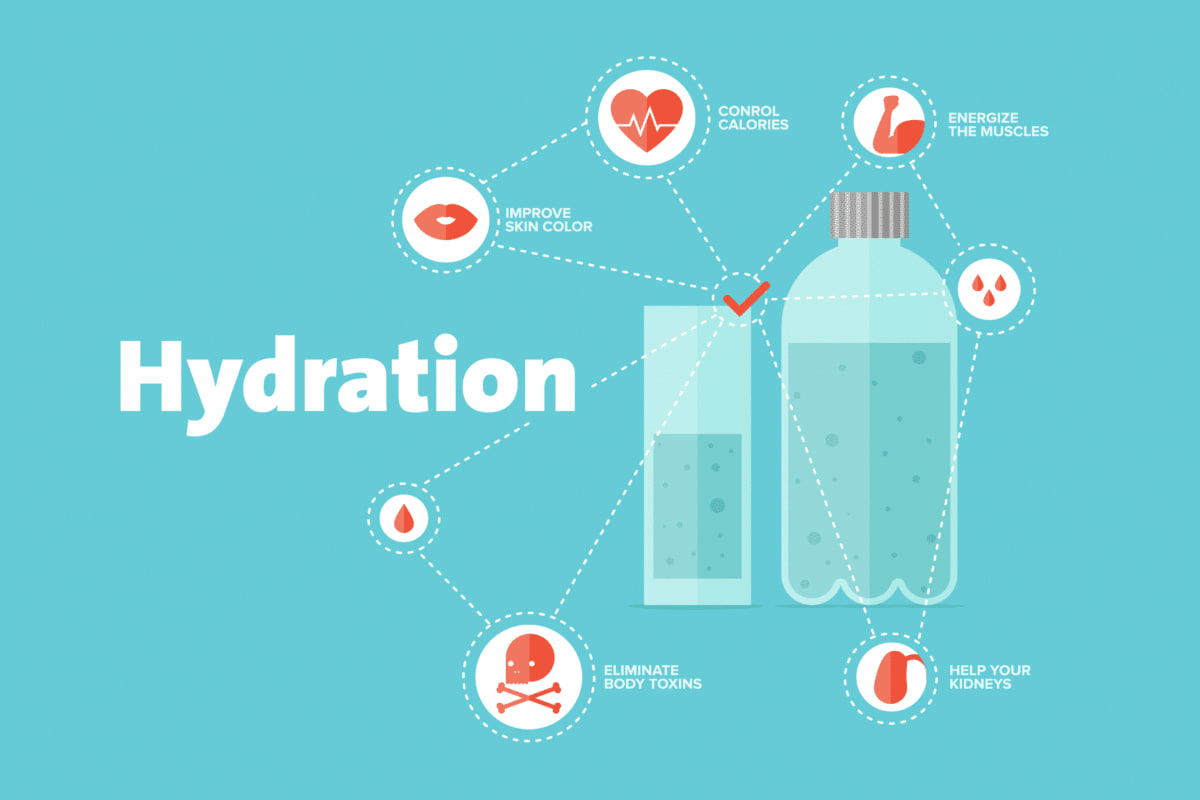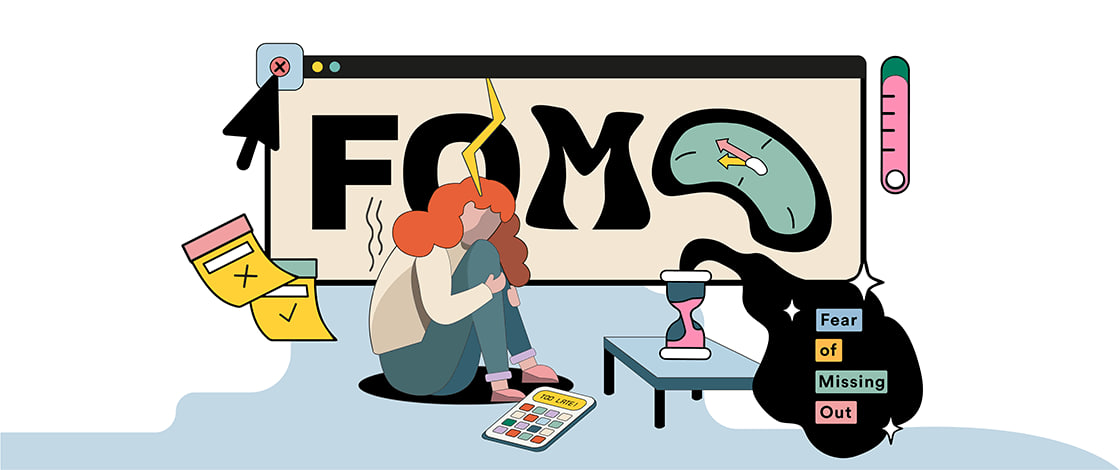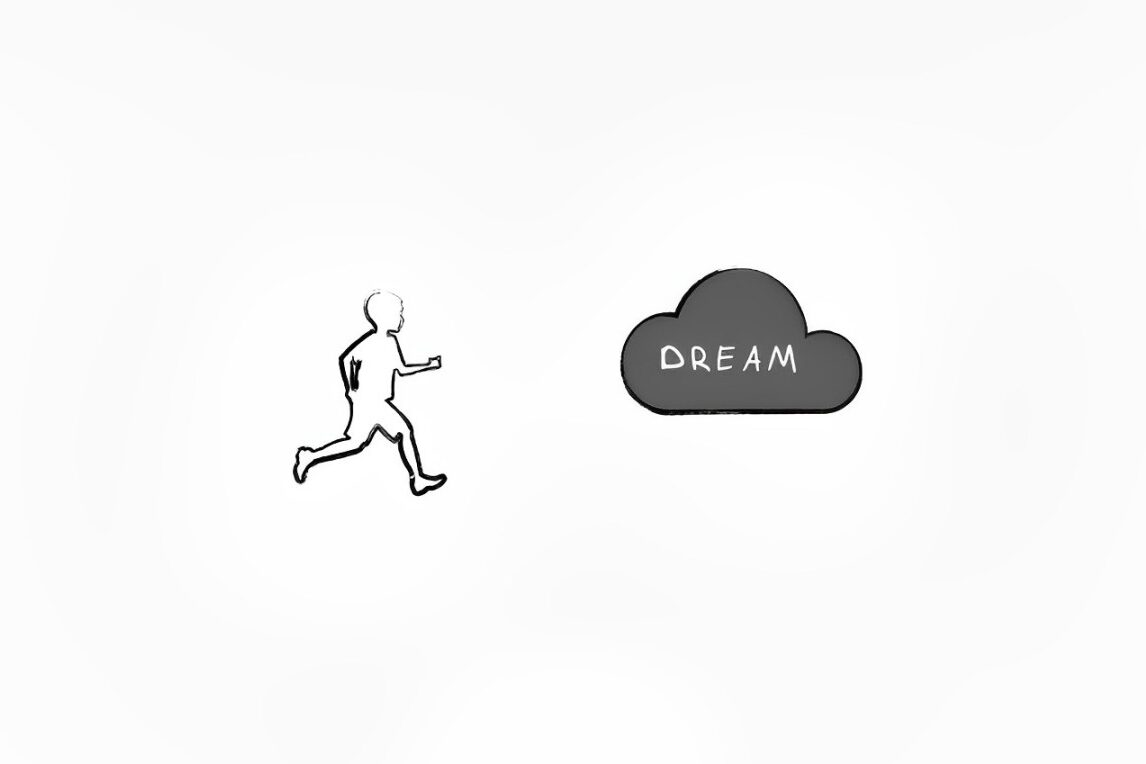Memory is one of the most fascinating and complex functions of the human brain. It’s how we store, retrieve, and make sense of experiences, knowledge, and skills that shape our daily lives. But memory isn’t a static process—it’s dynamic, influenced by a range of factors from biology to psychology. Understanding how memory works and why we forget can provide insights into the brain’s inner workings and can even help improve our ability to retain and recall information.


How Memory Works in the Brain
Memory is not a single entity but a collection of processes that involve multiple parts of the brain. In simple terms, memory can be divided into three major stages: encoding, storage, and retrieval.
1. Encoding: The First Step in Memory Formation
Encoding is the process by which sensory information is converted into a form that can be stored in the brain. This is the first and most crucial step in creating a memory. Sensory input from the environment (sights, sounds, smells) is captured by sensory organs (eyes, ears, etc.) and sent to the brain. It’s here that the brain must process the information and decide whether it’s important enough to be stored for later use.
The hippocampus, located in the temporal lobe, plays a crucial role in encoding and consolidating new memories. If the information is deemed important or meaningful, it gets stored in different areas of the brain, including the neocortex, which is responsible for long-term memory storage.
There are different types of encoding:
- Visual encoding (images or visual patterns)
- Acoustic encoding (sounds or verbal information)
- Semantic encoding (meaning or context of the information)
2. Storage: Keeping Memories Safe
Once information has been encoded, it needs to be stored for later use. The brain stores memories in different places depending on the type of memory. Short-term memory holds information temporarily for immediate use, while long-term memory stores information for extended periods, ranging from hours to a lifetime.
- Short-Term Memory (STM): The hippocampus helps transfer information from short-term to long-term memory. Short-term memory can hold around 7 items for up to 30 seconds.
- Long-Term Memory (LTM): Long-term memory involves the neocortex, which stores information over time. It has a much larger capacity than short-term memory and can hold information indefinitely. The process of transferring information from STM to LTM is called consolidation.
Within long-term memory, there are several categories:
- Explicit (Declarative) Memory: Conscious memory for facts and events (e.g., remembering a phone number or your first day of school).
- Semantic Memory: Facts and general knowledge.
- Episodic Memory: Personal experiences and events.
- Implicit (Non-declarative) Memory: Unconscious memory that affects behavior without conscious awareness (e.g., riding a bike or typing on a keyboard).
3. Retrieval: Accessing the Stored Information
Retrieval is the process of recalling information from storage. This can be either a conscious or unconscious process, and sometimes retrieval is easy, while other times it is more difficult.
- Recall: Retrieving information without cues (e.g., answering an essay question).
- Recognition: Identifying information with the help of cues (e.g., choosing the correct answer on a multiple-choice test).
The prefrontal cortex and hippocampus are involved in retrieval. In fact, the hippocampus acts like a “search engine” for memories, helping us locate and access specific pieces of information stored across various regions of the brain.
What Contributes to Forgetting?
While memory is a powerful tool, it’s not infallible. Forgetting is a natural process and, in many cases, serves a useful purpose—such as helping us focus on what’s relevant or preventing us from becoming overwhelmed by too much information. However, several factors can contribute to forgetting.
1. Decay Theory: The Passage of Time
One of the simplest explanations for forgetting is the decay theory, which suggests that memories fade over time if they are not actively rehearsed or used. This is especially true for short-term memories. The longer we go without revisiting or recalling certain information, the more likely it is that we will forget it.
For example, if you learn a new phone number but don’t use it for a while, you may forget it as time passes.
2. Interference Theory: When Memories Collide
Interference occurs when new information conflicts with or disrupts the retrieval of older memories. There are two types of interference:
- Proactive Interference: Older memories interfere with the recall of newer information. For example, if you learned a new phone number but keep recalling your old number, that’s proactive interference.
- Retroactive Interference: Newer memories interfere with the recall of older information. For instance, if you learn a new password, you might forget an old one because the new one “overwrites” the older memory.
Interference can be particularly problematic when learning similar information in close succession, making it harder to differentiate between memories.
3. Motivated Forgetting: The Role of Emotion
Sometimes, forgetting can be motivated, either consciously or unconsciously. This can happen when the information is unpleasant or emotionally painful. For example, you might block out memories of a traumatic event (a process called repression), or you might simply avoid thinking about things that make you anxious or upset.
- Suppression is a conscious effort to forget something, like trying to avoid thinking about an embarrassing moment.
- Repression is unconscious forgetting of distressing memories, which is a key concept in psychoanalytic theory.
4. Retrieval Failure: When the Brain Can’t Access Information
At times, the problem is not that the memory is gone, but that it cannot be accessed. This is known as retrieval failure, and it’s common with information that has been stored in the long term. Retrieval failure can happen because:
- We lack the right cues to trigger the memory.
- The memory is too deeply buried, and we haven’t had enough mental stimulation to access it.
- The context in which we learned the information (like being in a specific place or emotional state) isn’t replicated when we try to retrieve it.
For example, you might be unable to remember a person’s name in one situation, but when you see them again in a different context, the name comes back to you.
5. Neurological Factors: Impact of Injury and Aging
Memory can also be affected by damage to the brain, such as through traumatic brain injury (TBI), stroke, or degenerative diseases like Alzheimer’s disease. In these cases, forgetting is not just a natural process but can be a symptom of cognitive impairment. Damage to the hippocampus, for example, can interfere with the ability to form new memories (anterograde amnesia), while damage to the frontal cortex can affect retrieval.
Aging also contributes to memory decline. As we age, the brain’s ability to form new memories and retrieve older ones naturally diminishes. However, cognitive decline varies widely from person to person, and many people can maintain good memory function well into older age with proper mental stimulation, physical health, and social engagement.
Recommendation: SITES LEARN SEO
Recommendation: KPOP NEWS ASIA













Leave a Reply